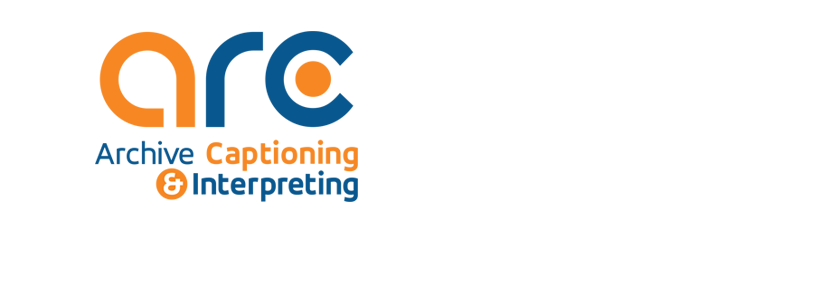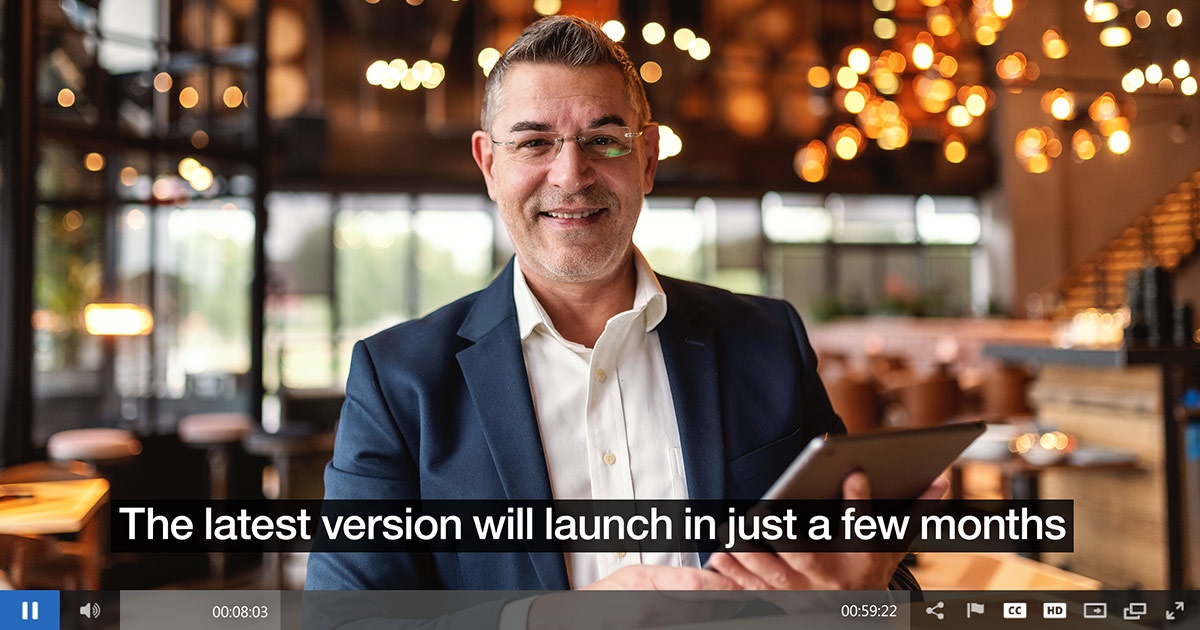Beginning this month, according to the consent decree, the University must begin adding captions for all online resources, including school-wide events that are live-streamed, content from department-sponsored student organizations and any new university-created audio or video hosted on media platforms such as YouTube, Vimeo and SoundCloud. The institution must also cover attorney fees for the plaintiffs, which totaled nearly $1.6 million.
The agreement also covers legacy content. Any video or audio created and produced at Harvard and posted between Jan. 1, 2019 and Dec. 1, 2019 on the school website or official school channels needs to be captioned within the next two years. And captioning needs to be added to any additional content even older than that when the institution receives a "specific request by an individual"; those captions need to be completed within five business days of the request.
The federal class action lawsuit was filed against Harvard in November 2015 by NAD on behalf of three deaf and hard of hearing individuals. The basic argument: The schools discriminated against deaf people by failing to add captions (or using inaccurate captions) on the "vast and varied array of online content they make available to the general public, including massive open online courses." NAD was joined by Civil Rights Education and Enforcement Center, the Disability Rights Education & Defense Fund; the Disability Law Center and the law firm of Cohen Milstein Sellers & Toll. A similar suit filed against MIT at the same time is still ongoing.
According to NAD, the settlement is "the most comprehensive set of online accessibility requirements in higher education and ensures for the first time that Harvard will provide high-quality captioning services for online content."
"As Harvard learned through this lawsuit, universities and colleges are on notice that all aspects of their campus including their websites must be accessible to everyone," said NAD CEO Howard Rosenblum, in a statement. "Captioning video content is a basic form of access that opens up academic learning to not only deaf and hard of hearing people but the world. The National Association of the Deaf asks all who develop video content for the internet to ensure access through quality captioning."
"This settlement means greater access for current and future deaf and hard of hearing learners to the vast universe of Harvard's online content," added Amy Robertson, co-executive director of the Civil Rights Education and Enforcement Center. "Ensuring accessibility is not something that can be considered a bonus — it is a fundamental right that everyone deserves. We're pleased that Harvard will finally be treating all learners with the same standard of respect."
Potentially far reaching implications
As noted by the NAD, the settlement may have far reaching implications for colleges and universities. They are now on notice that if they do not provide accurate and timely captioning of their online resources, they too may be the target of a class action suit. It's hard to imagine that any public institution is going to willingly place themselves at risk of being charged with discriminating against deaf and hard of hearing constituants. It will be to the advantage of these organizations to take the initiative to implement their own policies on their own terms rather than have them forced on them by the courts.




